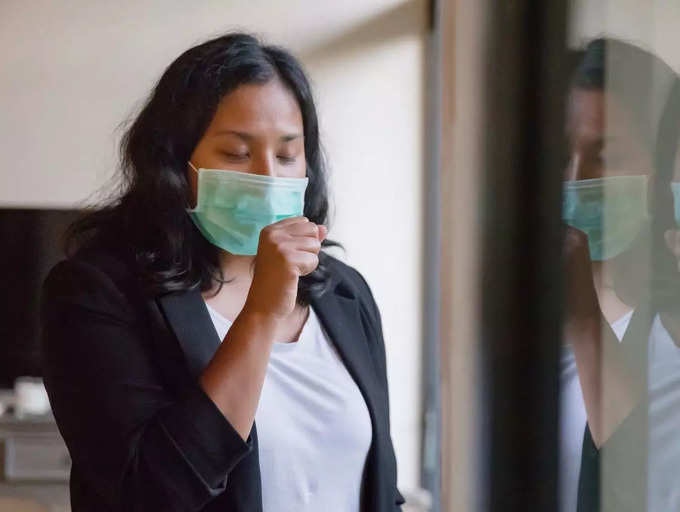New sign of Omicron's BA.5 subvariant in those vaccinated or boosted; can be 'extremely painful'
COVID's Omicron BA.5 dominant in many parts of the world
According to the US Centers for Disease Control and Prevention (CDC), the highly transmissible and fast-spreading BA.5 subvariant of Omicron, along with its close associate BA.4 now account for nearly 95% of COVID-19 cases in the U.S.
Omicron BA.5 was first detected in South Africa and has now spread to several other countries, becoming more prevalent than the previous SARs-CoV-2 strains.
Experts have said that most BA.5 symptoms are similar to those seen in previous variants, including sore throat, headaches, cough, congestion and fever.
However, recently, a US-based doctor went online to discuss an 'extremely painful' symptom that he experienced, even after being vaccinated.
Doctor reveals a new, painful symptom of Omicron BA.5

Doctor Mike Hansen, Board Certified Internal Medicine, Pulmonary Disease, & Critical Care Medicine specialist and physician, took to Youtube and recalled his battle with Omicron BA.5 infection.
A few days after coming back from a concert, Hansen began experiencing symptoms including fatigue, fever, sore throat, a runny nose, and finally a cough.
"The worst part was the first three to four days," he said.
One of the symptoms he suffered from was "extremely painful", he shares.
"Even though my sore throat really didn't bother me when I would drink liquid or swallow food, whenever I had saliva in the back of my throat and I would go to swallow, that was extremely painful."
What does data reveal?
According to the data from the ZOE Health Study app, millions of contributors have reported sore throat as a very common symptom of COVID.
"On average, seven out of ten adults who are double or triple jabbed will get a sore throat with the Omicron variant," the ZOE researchers said.
How long does COVID sore throat last?

As per experts, sore throat caused by COVID usually appears in the first week of illness and resolves quite immediately.
It may feel worse on the first day of infection, however, it gets milder over time.
"On average, a sore throat could last five days. If your sore throat is persisting beyond this, it’s unlikely to be COVID-19," team of researchers at ZOE health revealed.
Alongside sore throat, there could be several other symptoms that could crop up. Let's take a look at them.
Most common COVID-19 symptom

According to the CDC, people with COVID-19 report a wide-range of symptoms, ranging from mild symptoms to severe illness. These include:
- Fever or chills
- Cough
- Shortness of breath or difficulty breathing
- Fatigue
- Muscle or body aches
- Headache
- New loss of taste or smell
- Congestion or runny nose
- Nausea or vomiting
- Diarrhea
What should you do if you experience COVID symptoms

At the onset of COVID-19 symptoms, the UK's National Health Services (NHS) recommends staying home and avoiding contact with other people.
"Take extra care to avoid close contact with anyone who is at higher risk of getting seriously ill from COVID-19," the health body advises.
Preventive measures to take
COVID-19 may have taken a milder turn in the recent past. However, it is still prevalent and may harm those with underlying health conditions. That said, wearing masks, avoiding crowded places and maintaining social distance is crucial.
Furthermore, getting yourself vaccinated or boosted is the need of the hour.
In India, the government has announced free COVID booster shots for anyone aged 18 and above. The gap between the second dose and the 'precaution dose' has been reduced from 9 months to 6 months.